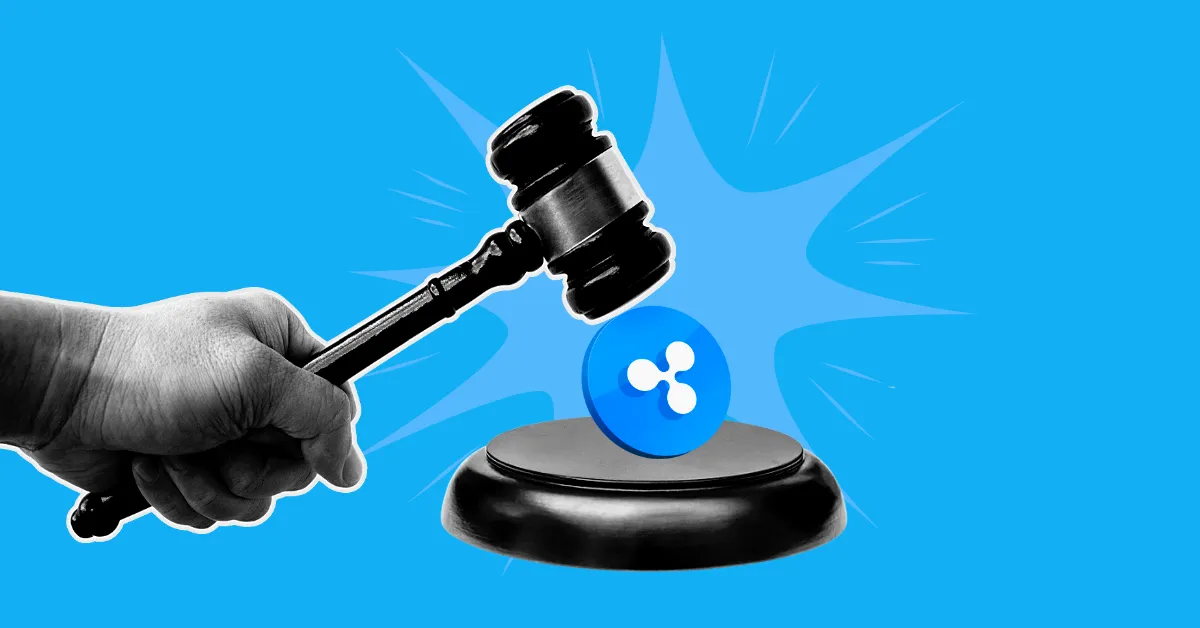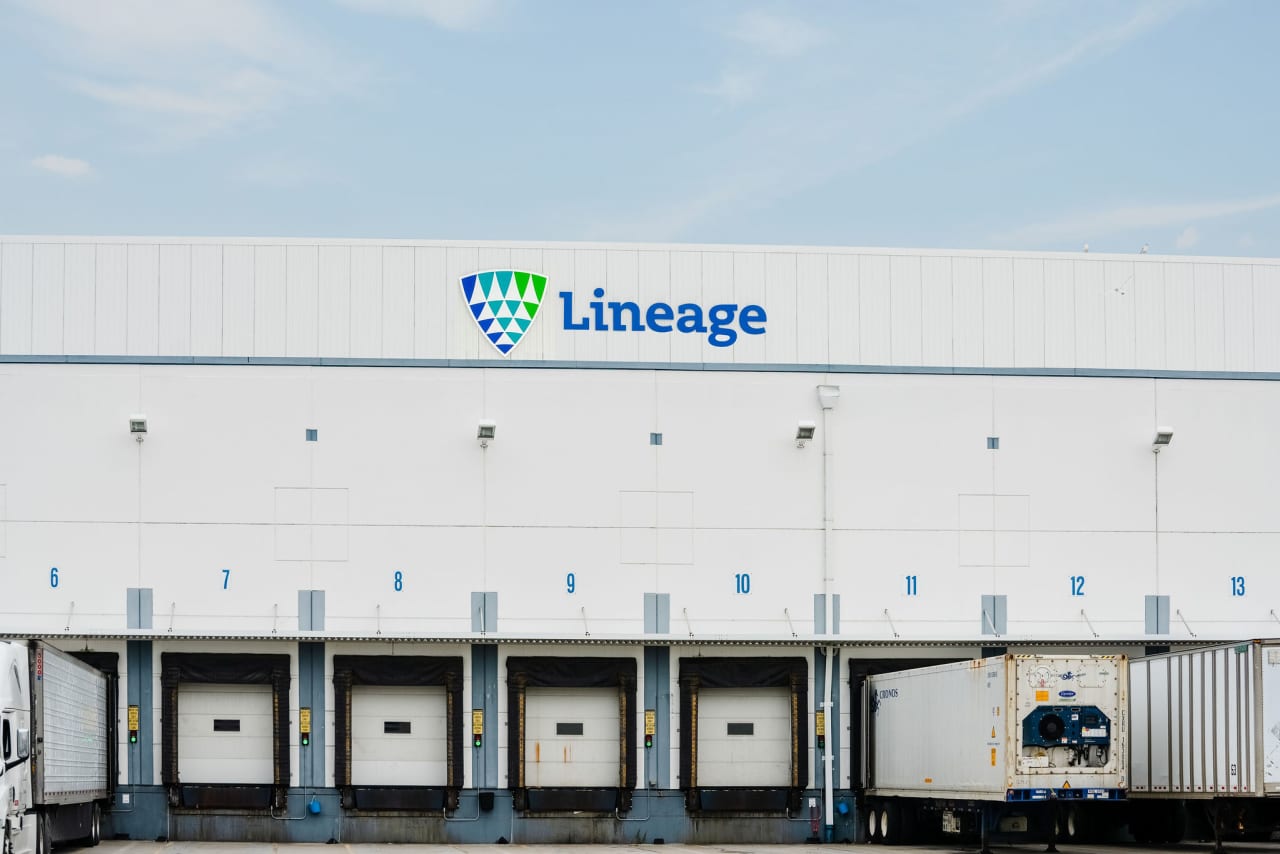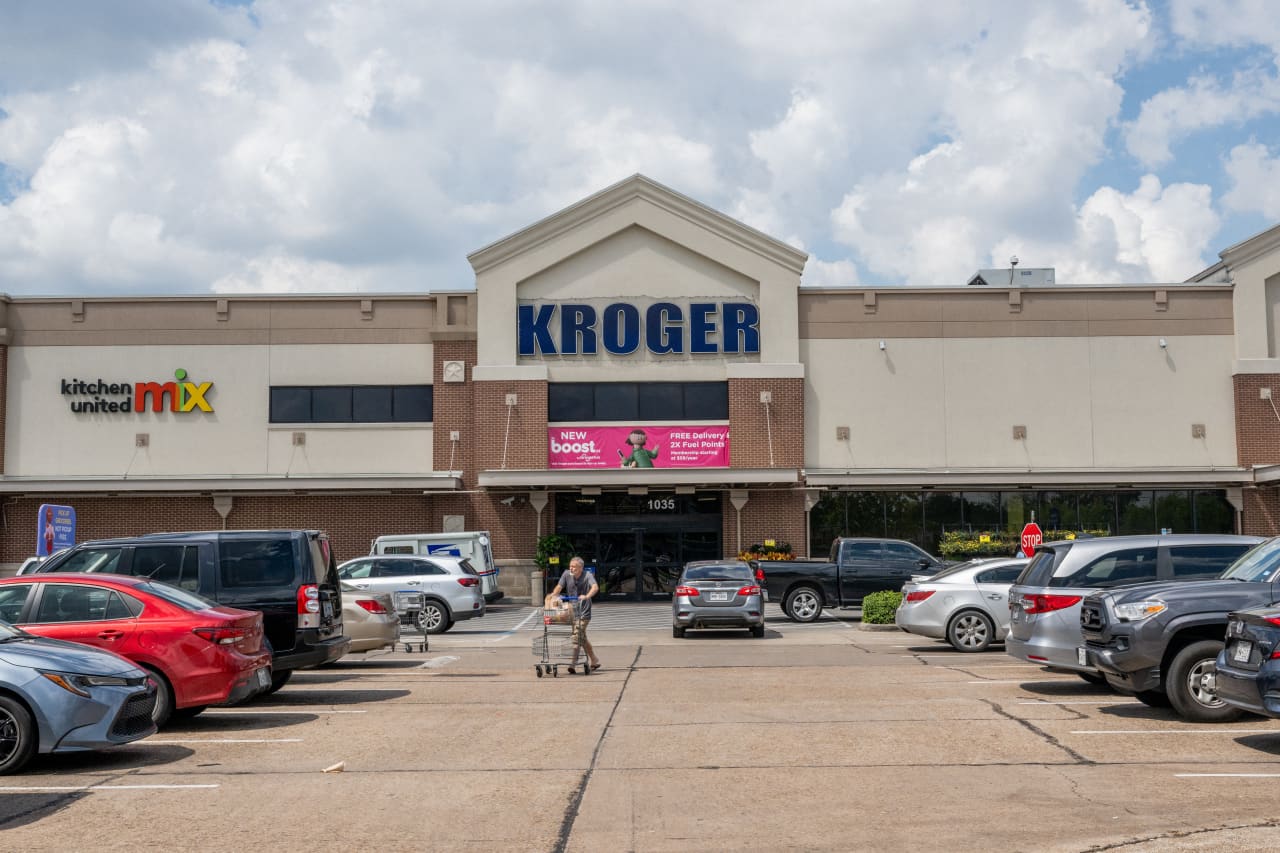Rico Wojtulewicz is head of housing and planning policy at the National Federation of Builders
After several years of the government inventing penalty taxes to convince voters that developers are the least innocent in their ‘hierarchy of innocent parties’, a letter from building safety minister Lee Rowley MP to Camden Council leader Georgia Gould may hint that potentially guilty parties that have previously been ignored might yet be held accountable.
The letter, regarding a four-storey block called Agar Grove, asked whether there was “sufficient evidence” to prosecute building control firm Salus Approved Inspectors for “knowingly or recklessly signing off the building”.
“Are approved inspectors about to be treated differently to local authority building control inspectors?”
But even if this evidence can be found, two legal cases have set a precedent on why inspectors cannot be held liable under the existing Defective Premises Act 1972 (DPA).
In the Herons Court litigation, it was found that the DPA places the duty on the “person taking on work” and creating the dwelling – so the the designers, architects and builders – and not those who perform statutory functions such as sign-off.
Murphy v Brentwood also noted that, as local authorities were not legally responsible to act as insurers, the court’s role could not extend to provide consumer protection.
It is worth noting that unlike local authority building control, approved inspectors (AI) operate under contract, meaning they have legal duty. However, proving contractual liability under the DPA is viewed as improbable.
AIs and local authority building control are therefore currently unlikely to be held liable for faulty work they sign-off or even advise on.
AIs can, however, face sanction from CICAIR Ltd, which maintains and operates the Construction Industry Council Approved Inspectors Register (CICAIR) – two inspectors are currently suspended, though their employers can continue operating.
And the Building Safety Act 2022 also introduced sanctions and fines for professional misconduct.
Time for change?
It is therefore curious that Rowley asked about prosecuting Salus Approved Inspectors. So should we be asking:
- Did he understand the legal precedent and was deflecting?
- Are AIs about to be treated differently to local authority building control inspectors?
- Is the government planning further changes to the DPA, specifically section 1, ‘Duty to build dwellings properly’, which was untouched in the 2022 reforms?
Although it would not be surprising to see the private sector held accountable and the public sector not – a growing trend since the tragic Grenfell disaster – the Building Safety Act 2022, which permits developers to hold third parties liable for defective work, would likely require changes to the DPA so that AIs were included.
This could happen if the development industry pushed for the DPA to include those with contractual arrangements for sign-off being defined as “taking on the work”. Helpfully for the government, such a move would leave out local authorities.
It has become difficult to predict how the government will operate in respect of liability, as developers have become the main scapegoat. This is frustrating, as the industry has always had an unusual relationship with building control – while they are highly valued, the lack of accountability increasingly pitches them as a bureaucratic hurdle rather than part of the construction process.
This is especially true for those who purchase a second-hand home or building with defects, as completion certificates (if even available) are only worth the paper they are written on and not even that when you must pay for duplicate certificates.
All eyes are on Agar Grove in Camden for more clues!
Related articles
Note: This article have been indexed to our site. We do not claim legitimacy, ownership or copyright of any of the content above. To see the article at original source Click Here













